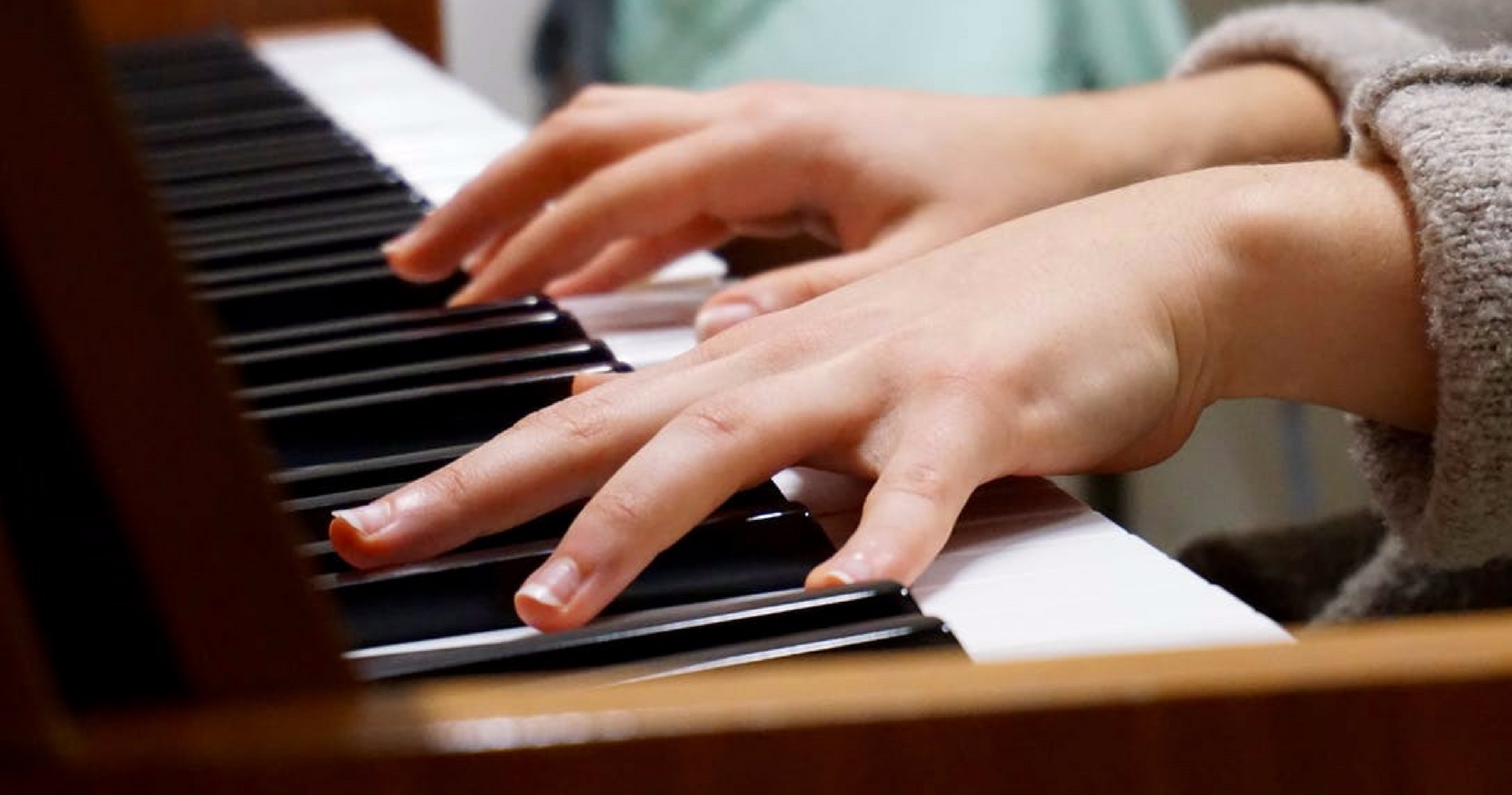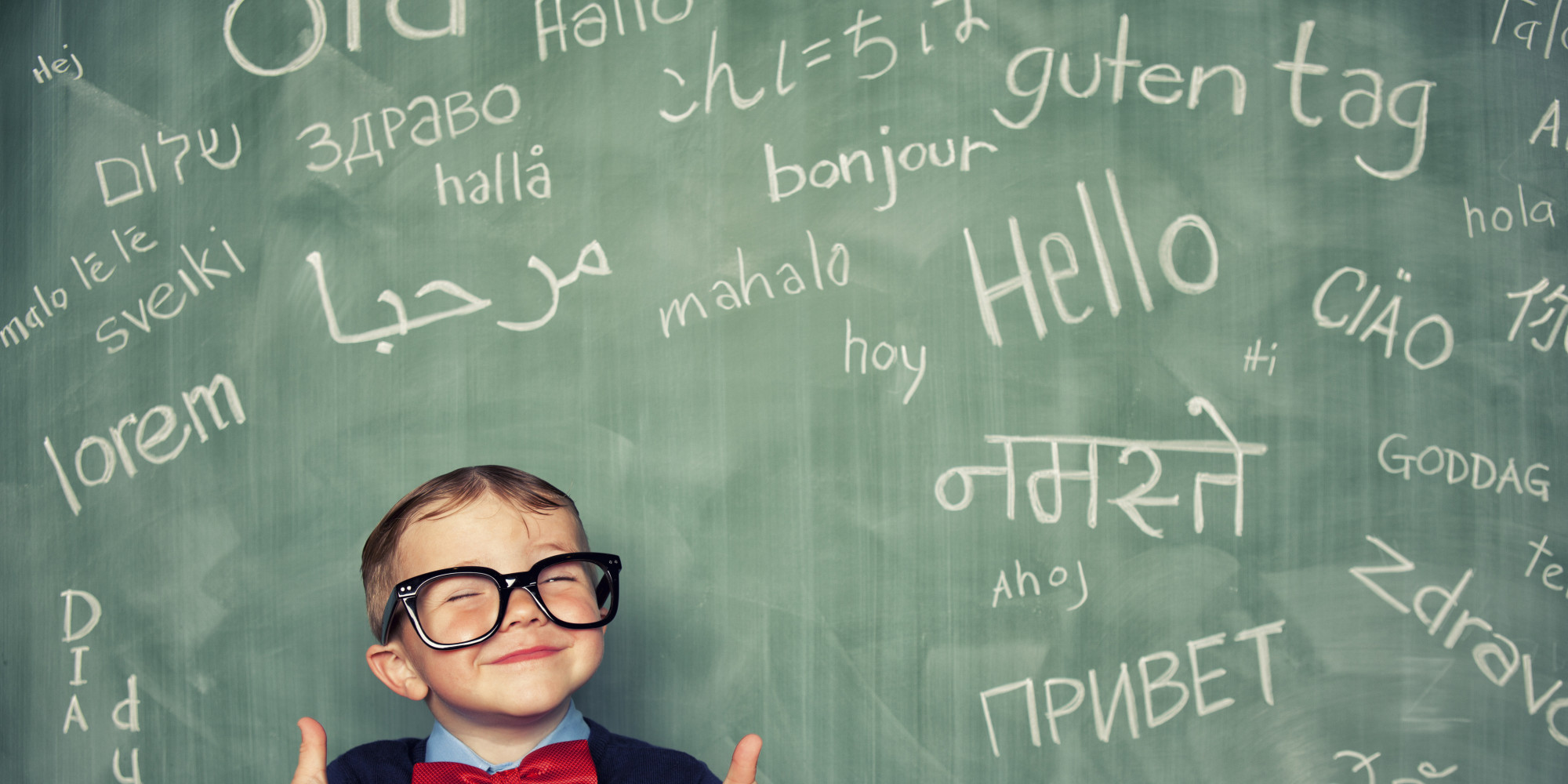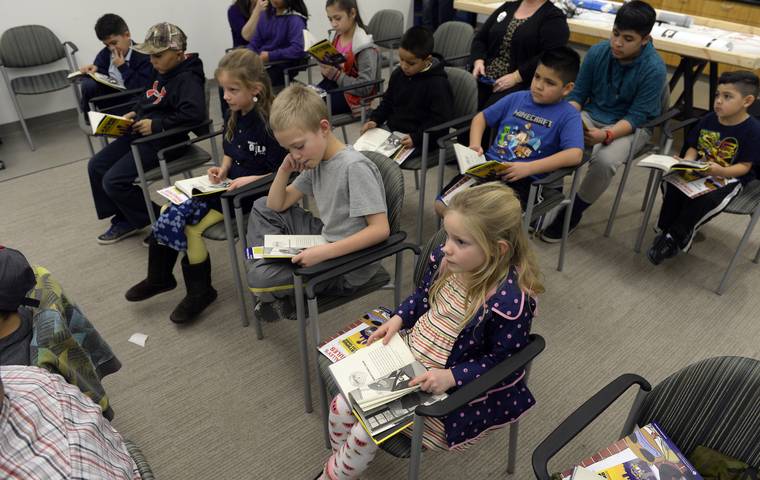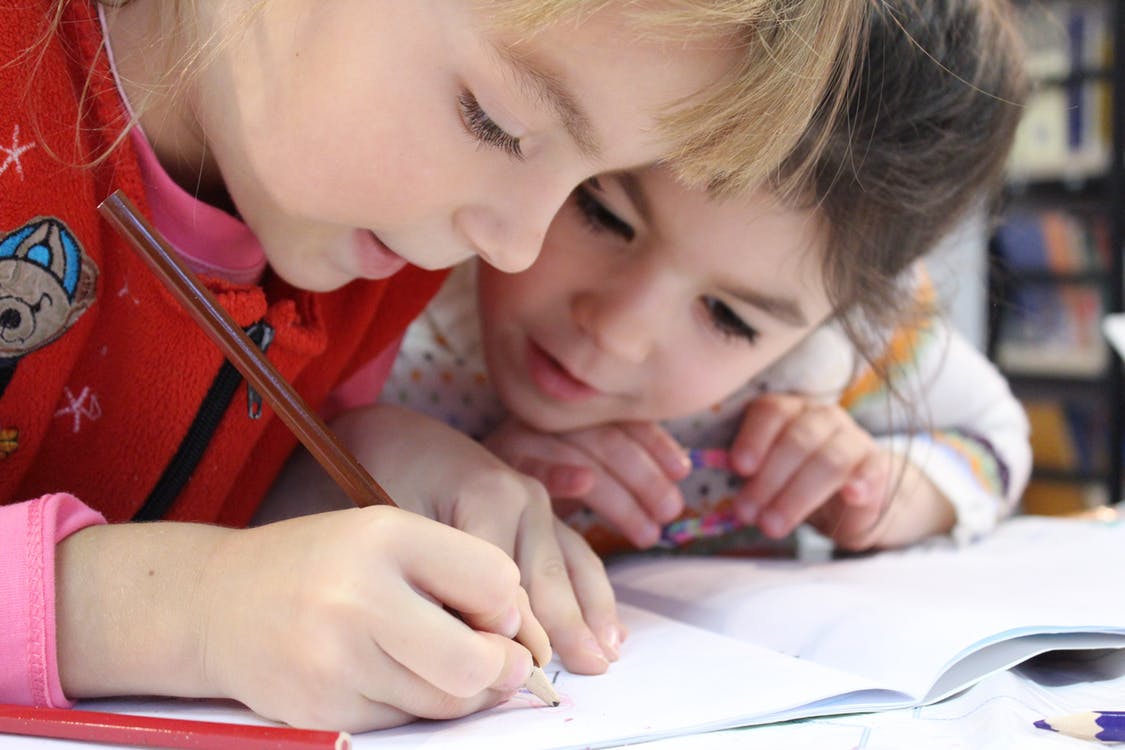If your parents subjected you to regular piano lessons as a kid, you can probably recall an argument or two about it. Whether you didn't want to go to the lesson because your friends were getting together to watch a movie, or you didn't want to practice because you would rather ride your bike around the block, these lessons may have caused some frustrating moments in your childhood. Well, guess what? It turns out your parents were right.
From practicing your scales to learning the music theory, those lessons have had some incredible effects on our minds.
Studies continue to show benefits that music can really help developing minds.
"Music improves cognitive and non-cognitive skills more than twice as much as sports, theater or dance," reported the German Socio-Economic Panel in 2013. The study also found that kids who take music lessons "have better cognitive skills and school grades and are more conscientious, open and ambitious."
And that is just the beginning. This list is just a sample of the huge neurological benefits that music lessons can provide kids.
1. It improves your reading and verbal skills
Studies have found links between pitch processing and language processing abilities. Research out of Northwestern University discovered 5 skills that underlie language acquisition: "phonological awareness, speech-in-noise perception, rhythm perception, auditory working memory and the ability to learn sound patterns."
Children who were randomly assigned to music training alongside reading training performed better than those who received other forms of non-musical stimulation, such as painting.
2. It helps you learn languages more quickly
Children who start studying music early in life develop a stronger linguistic sense. They are seen to develop more complex vocabularies and have a better sense of grammar. These benefits don't impact the child's learning of their first language, but effects every language they attempt to learn in the future.
"Music training plays a key role in the development of a foreign language in its grammar, colloquialisms and vocabulary," reports the Guardian.
This heightened understanding of language is something that will follow music students through their late adult life.
3. It improves your math skills
Music is deeply mathematical in nature, so it only makes sense that as you get better at scales and intervals you can understand numbers better. Kids who receive high-quality music training also tend to score higher in math because of the improved abstract spatial-temporal skills that young musicians gain.
Since these skills are essential for solving multi step problems that are often found in engineering, math, art and especially working with computers, children who receive a music education will have a leg up on their career choice.
Continue to the next page to find out how practicing music effects your kids' listening abilities and motor skills.
We would all love kids that listened more and got good grades in school, and who would have thought that an extra-curricular activity would be the answer to every parents' wish.
The benefits don't only extend through childhood but can have a lasting effect on your adult life and as you age.
It's never too early to learn a new instrument, which one would you pick up if you had the chance?
4. It makes you a better listener
People with musical training are far more sensitive listeners, which helps as we get older. Those who keep up with their instrument experience a slower decline in peripheral hearing, in which older people have difficulty isolating specific voices from a noisy background.
5. It strengthens your motor skills
All musical instruments require high levels of finger dexterity and accuracy. This type of training helps to work out the motor cortex which can benefit you in a range of non-musical ways. Research suggests that kids who learn to play an instrument before the age of 7 perform far better on non-musical movement tasks.
6. It improves your short-term memory
Playing music demands a high level of short-term memory. The more someone practices their instrument, the stronger their working memory becomes. In a 2013 study, it found that musical practice has a positive association with participants' working memory capacity. It's believed that this ability spreads to non-musical verbal realms as well.
http://www.momjunction.com/articles/short-term-memory-loss-occur-in-children_00328332/#gref
7. It slows the effects of aging
Beyond listening, and memory impacts, musical training can help delay cognitive decline that goes along with aging. Some research suggests that it is an effective way to stave off dementia. Even if musicians stop playing as they age, the neurological restructuring that happened when they were kids helps them better perform in "object-naming, visuospatial memory and rapid mental processing and flexibility" tests compared to others who have never played. The study does identify that musicians had to play for at least 10 years to enjoy these effects.
What do you think of these benefits? Do you put your kids in music lessons to help them improve their skills?
Source: Mic








